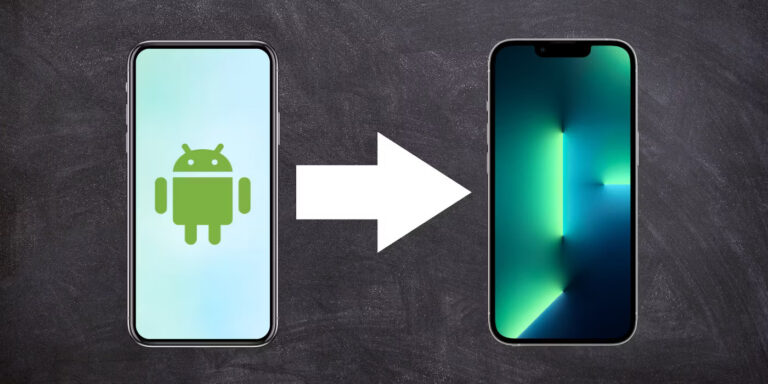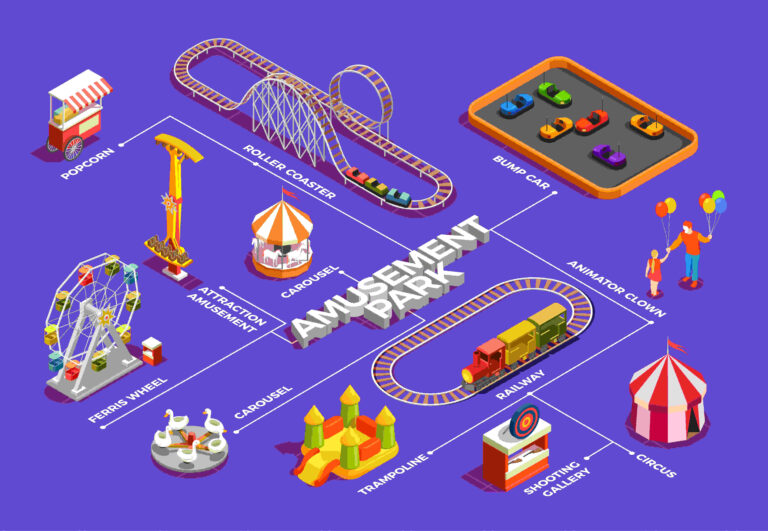The world of blockchain technology and Decentralized Applications (DApps) is thriving, with new and exciting opportunities constantly emerging. Whether you’re a seasoned developer looking to transition into blockchain, or a fresh graduate interested in breaking into the field, landing a role in blockchain and DApp development. It can be an incredibly rewarding and promising career move.
In this guide, we’ll explore the steps to help you achieve just that.
Let’s roll!
Step 1: Understand the Basics
Before diving headfirst into blockchain and DApp development, it’s crucial to build a strong foundational understanding of the technology. Blockchain is a distributed ledger technology that records transactions across multiple computers in a secure and transparent way.
DApps are applications built on top of blockchain platforms, often providing unique functionalities.
Take the time to explore blockchain platforms like Ethereum, Binance Smart Chain, and Polkadot, and understand how they work. Learn about smart contracts, which are self-executing contracts with the terms of the agreement directly written into code.
Step 2: Learn the Relevant Technologies
To land a role in blockchain and DApp development, you’ll need to acquire specific skills and knowledge:
- Solidity: Solidity is the primary programming language for Ethereum smart contracts. Learn how to write, test, and deploy smart contracts using Solidity.
- Web3.js and Ether.js: These JavaScript libraries allow you to interact with the Ethereum blockchain and other blockchain networks. Understanding how to use them is essential.
- Decentralized Storage: Explore decentralized storage solutions like IPFS (InterPlanetary File System) that DApps often use to store data.
- Blockchain Tools and Frameworks: Familiarize yourself with popular blockchain development tools and frameworks, such as Truffle, Hardhat, and Remix.
- Security Best Practices: Understand security risks in blockchain development, including vulnerabilities and best practices for writing secure smart contracts.
Step 3: Build a Portfolio
Your portfolio is your calling card in the world of blockchain and DApp development. Start by creating your own DApps or contributing to open-source projects. Showcase your work on platforms like GitHub.
Be sure to include thorough documentation for your projects. Potential employers or collaborators will want to see your ability to write clean and efficient smart contracts, interact with blockchain networks, and handle the intricacies of decentralized applications. Building a portfolio not only demonstrates your skills but also helps you learn and grow as a developer.
Step 4: Networking and Community Involvement
Active participation in the blockchain community is vital. Attend blockchain conferences, webinars, and local meetups to connect with other developers, blockchain enthusiasts, and potential employers. Online forums like Reddit’s r/ethereum and r/ethdev, as well as platforms like Twitter and Discord, are great places to engage in discussions and share your knowledge.
Building a professional network can lead to job opportunities and collaborations. Many blockchain projects prefer hiring developers with a strong presence in the community.
Step 5: Explore Job Opportunities
Now that you have the skills, a strong portfolio, and a network of contacts, it’s time to explore job opportunities. Job openings in blockchain and DApp development can be found on various platforms:
- Blockchain-Specific Job Boards: Websites like Crypto Jobs List and Ethlance specialize in blockchain job postings.
- General Job Boards: Platforms like LinkedIn, Indeed, and Glassdoor also feature blockchain and DApp development job listings.
- Startups and Blockchain Projects: Many blockchain startups and projects hire directly from the community, so keep an eye on their official websites and social media channels.
Step 6: Prepare for Interviews
When you secure interviews for blockchain and DApp development roles, preparation is key. Expect technical questions that test your knowledge of blockchain concepts, smart contract development, and problem-solving skills. Be ready to discuss your past projects and your contributions to the blockchain community.
It’s also beneficial to have an understanding of the company’s blockchain technology stack and their specific DApp development requirements.
Final Thoughts!
Landing a role in blockchain and DApp development is an achievable goal with the right approach. By acquiring the necessary skills, building a strong portfolio, engaging with the community, and actively seeking job opportunities, you can position yourself for a rewarding career in this dynamic and innovative field. Blockchain and DApp development is not just a job but it’s a journey into the future of decentralized technology, and your contributions can shape that future. So, start your learning and development journey today, and you might find yourself at the forefront of the blockchain revolution.












